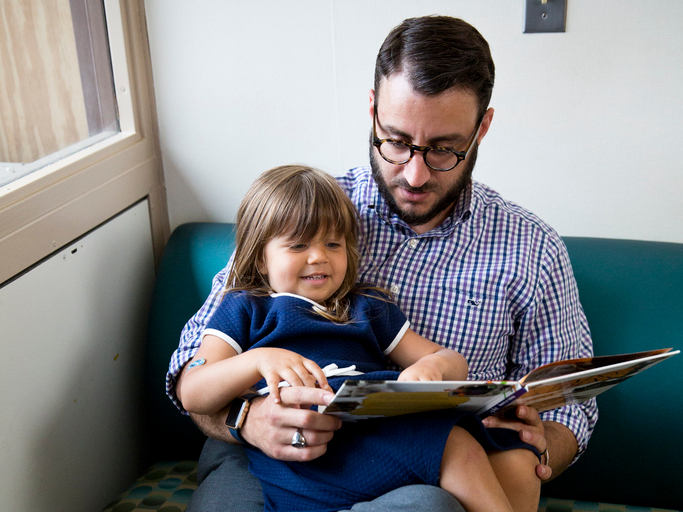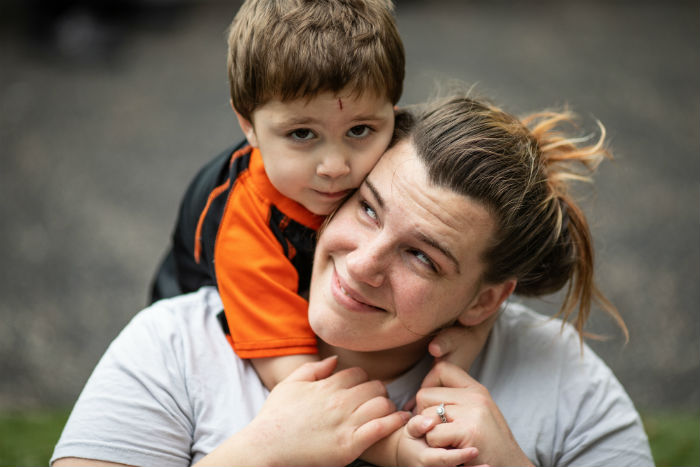Condition
Pediatric Learning Disorders
What You Need to Know
A learning disorder is when a child has problems with reading, math or writing.
Key Symptoms
Common symptoms of learning disorder may include:
- Reading disorder
- Mathematics disorder
- Disorder of written expression
Diagnosis
Doctors typically diagnose learning disabilities with:
- Educational testing
- Mental health testing
Treatment
- Individual or group classes
- Special classes or resources
- Speech therapy
- Family therapy
- Medicines
Schedule an Appointment
Our pediatric specialists provide personalized care for your child’s physical, mental and emotional health needs. Meet our providers and schedule an appointment today.
Frequently Asked Questions
What is a learning disorder in children?
What causes a learning disorder in a child?
Which children are at risk for a learning disorder?
What are the symptoms of a learning disorder in a child?
How is a learning disorder diagnosed in a child?
How is a learning disorder treated in a child?
How can I help prevent a learning disorder in my child?
How can I help my child live with a learning disorder?

Enroll in the Treating Parents with ADHD and their Children Study
If you are a caregiver with attention deficit hyperactivity disorder (ADHD) and your child has ADHD symptoms, you may be eligible for this research study. Learn more about potential benefits of this study.

Meet the Providers Who Treat Learning Disorders
Departments that Treat Learning Disorders

Tuberous Sclerosis Program
Children's National Hospital is one of 47 sites in the United States with a clinic devoted to the treatment of tuberous sclerosis (TSC). We treat our children who are diagnosed with TSC, and continue to provide consultation with primary care physicians and some outpatient services for our patients into adulthood.

Help Kids and Make a Difference
Invest in future cures to help children have brighter futures.










